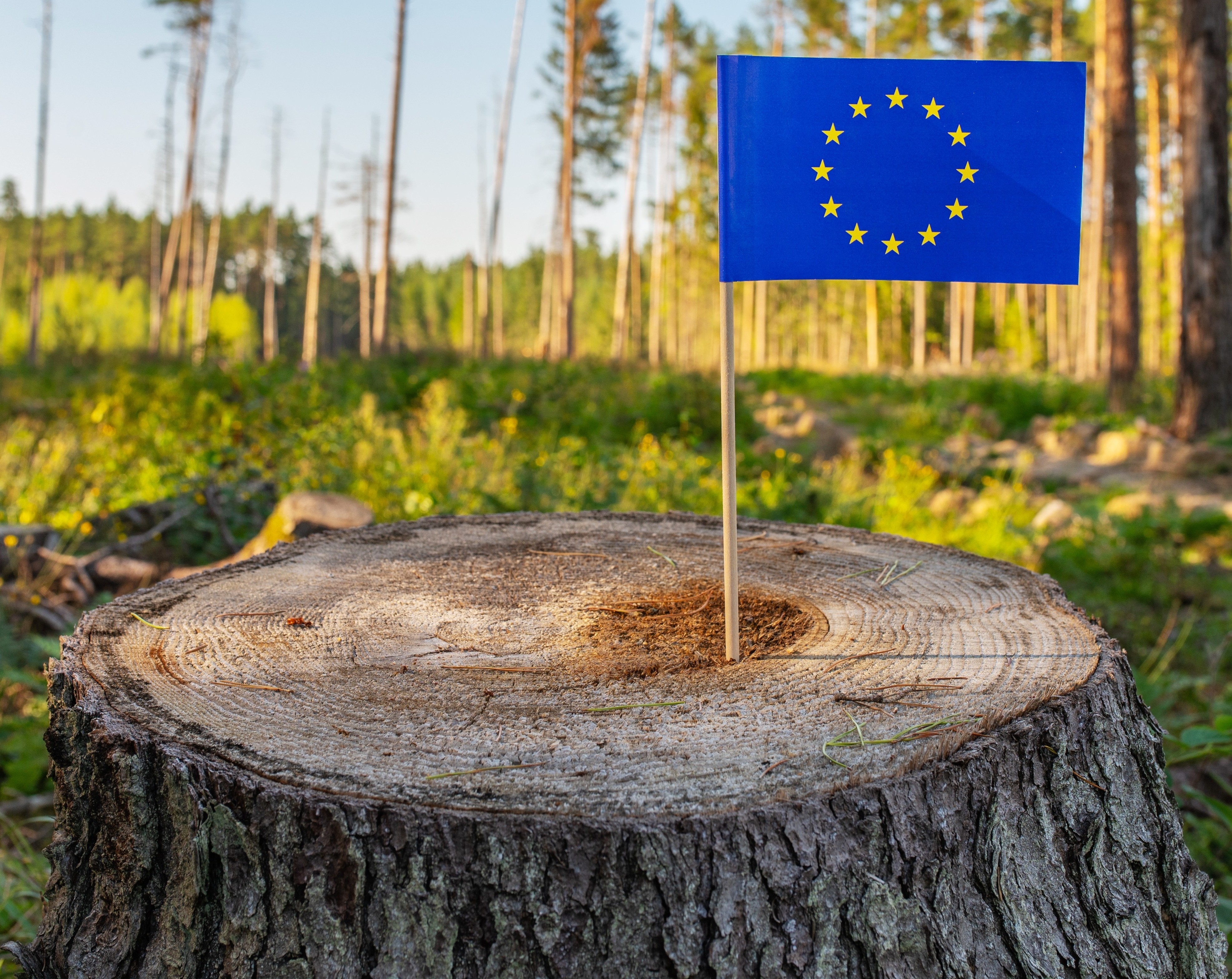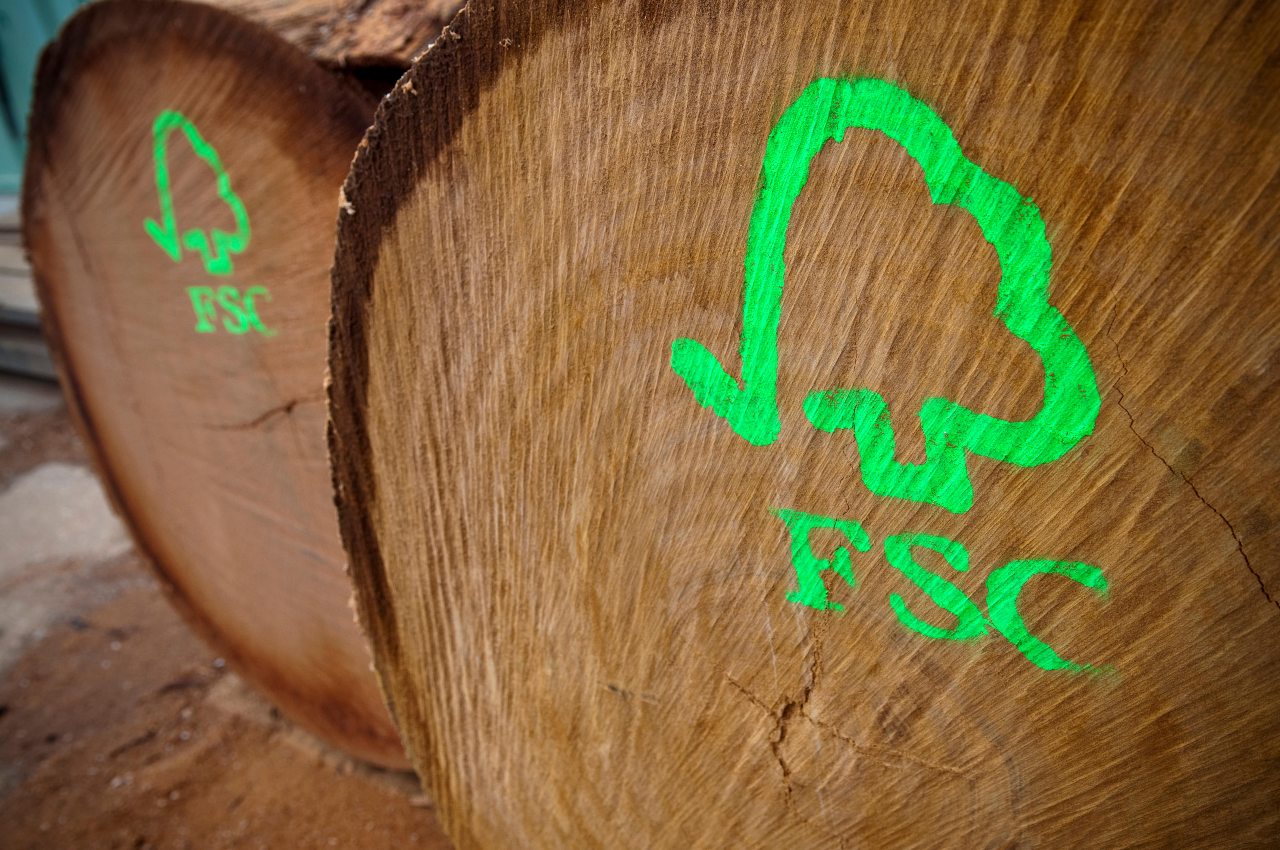
Peru's rainforests and communities are under growing pressure from agribusiness developments.
The world’s largest sovereign wealth fund has withdrawn
investment in the Peruvian consumer goods giant Alicorp after it was revealed
the firm was buying palm oil from a plantation tied to multiple environmental
abuses.
Norges Bank Investment Management (NBIM), the asset management
arm of Norway’s central bank, announced in
March it had divested $12.3 million in Alicorp in light of the allegations.
The company at the centre of the claims is Ocho Sur SAC, an
entity linked to controversial commodity businessman Dennis Melka, and which
has reportedly cleared 7,000 hectares (ha) of the Peruvian Amazon to grow oil
palm.
The indigenous Shipibo community, on whose territory Ocho
Sur operates, have long campaigned for palm oil companies to halt operations
which they claim have forced them from ancestral lands.
Along with NGOs including Forest People’s Programme (FPP),
Shipibo locals filed a
complaint in 2015 with the Roundtable on Sustainable Palm Oil (RSPO), the
global sustainability body, against the Melka-run Plantaciones de Pucallpa for
illegally clearing community forest in the Amazon region of Ucayali.
In response, the firm withdrew from the RSPO and transferred
its assets to a new entity – Ocho Sur SAC.
A new RSPO complaint was filed by
the community in 2019 targeting Alicorp and miller OLPESA, both RSPO members.
The complaint alleged that both were purchasing Ocho Sur palm oil “produced
through clearance of primary forests and in violation of the community’s rights
over their traditional lands”.
The Alicorp complaint was dismissed by RSPO
in June last year and the groups instead set their sights on getting NBIM to
review its investment portfolio. NBIM’s divestment was welcomed by the Shipibo
community.
“We welcome the NBIM’s decision to stop financing Alicorp’s
activities, which shows that even huge companies such as this should think twice
before buying palm oil from a plantation like the one Ocho Sur operates on our
dispossessed lands,” said Ivan Flores, a community leader from Santa Clara de
Uchunya.
“Now we await a conclusive decision from the Constitutional
Tribunal to return to us our ancestral lands once and for all and put an end to
Ocho Sur’s impunity.”
The Federation of Native Communities of Ucayali (FECONAU)
said that the tangible action taken by NBIM stood in “stark contrast” to the
RSPO’s failure to properly investigate the reports last year.
“Faced with the Peruvian Government’s inaction and following
the RSPO’s decision not to investigate our complaint against Alicorp, we are
reassured to see that at least investors such as NBIM take seriously human
rights violations and the destruction of Amazonian rainforest for oil palm
expansion,” said FECONAU president Miguel Guimaraes Vasquez.
“It is encouraging that investors do not simply take the
RSPO’s pronouncements at face value, when we haven’t been able to get justice
through this mechanism. We hope that this decision to divest sends a clear
signal to other companies, investors and financial institutions that there are
consequences for businesses which fail to respect our rights and territories.”
Ucayali and surrounding Amazon areas have been exposed to
increasing levels of agribusiness-linked deforestation in recent years and
indigenous residents have faced mounting threats from land grabs.
Ucayali alone lost 92,000ha of tree cover in the past two
years, a sharp rise from the 34,600ha removed a decade earlier, according to
Global Forest Watch. Palm oil cultivation in the state has jumped from 6,000ha
in 2006 to more than 40,000ha being used for the crop in 2018.
FPP hope the decision of Norway’s sovereign wealth fund will
prompt other Alicorp backers into action, including Swedish bank Handelsbanken
Fonder AB. Goldman Sachs, LGM Investments Ltd, Grandeur Peak Global Advisors
LLC and Brown Advisory Ltd are among its other foreign investors.



